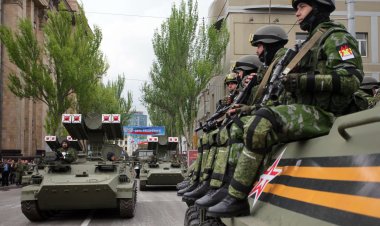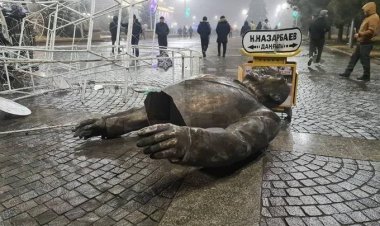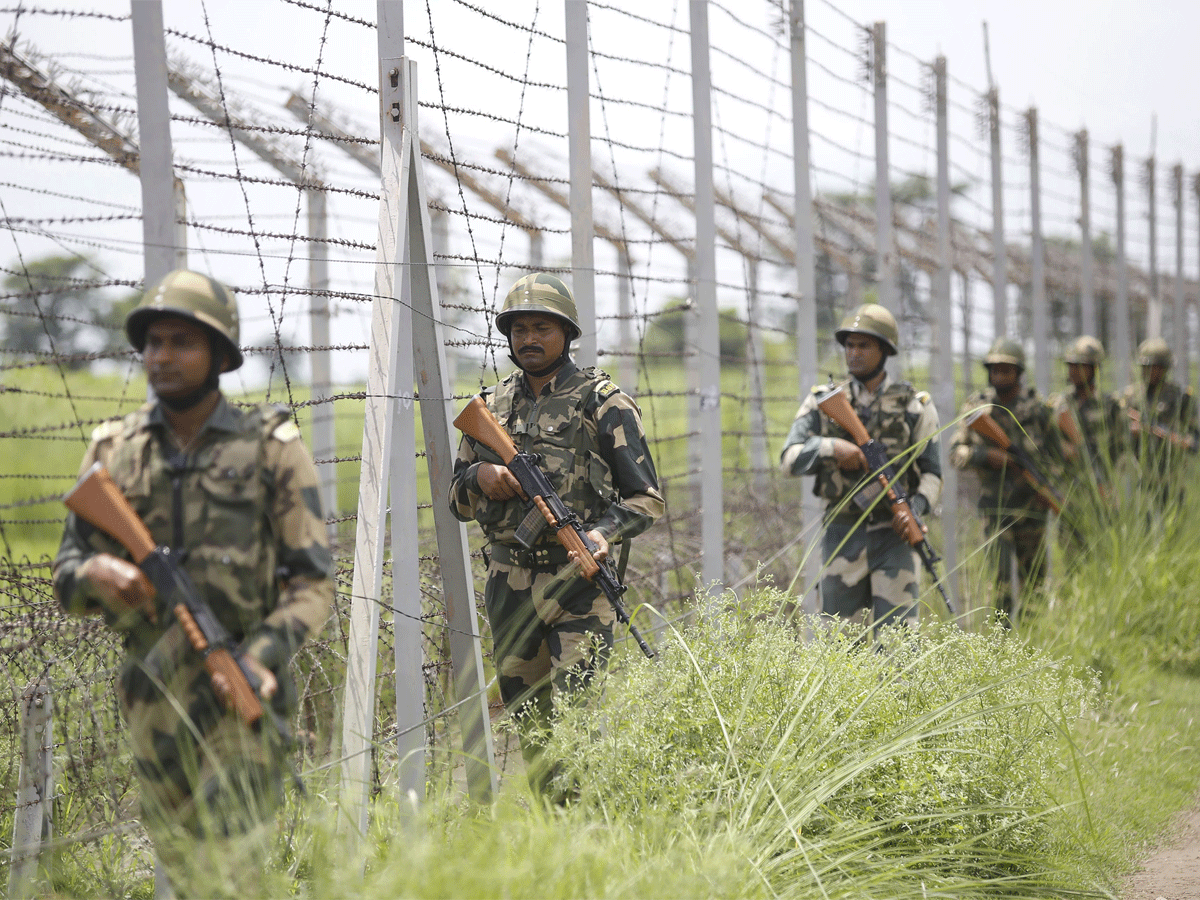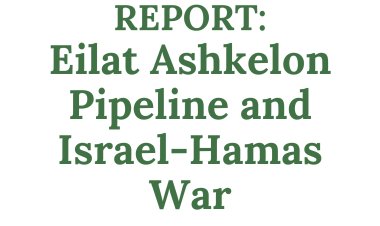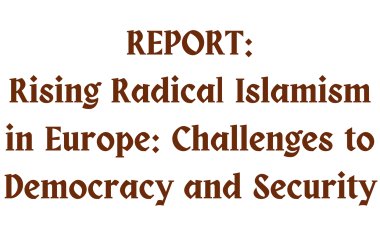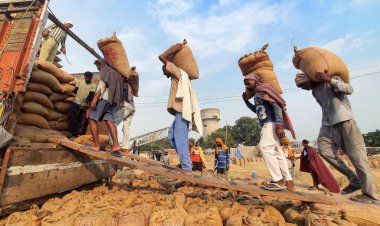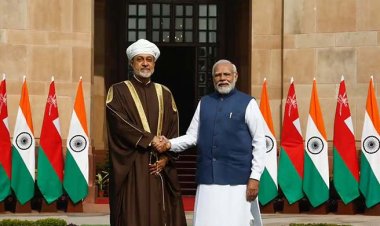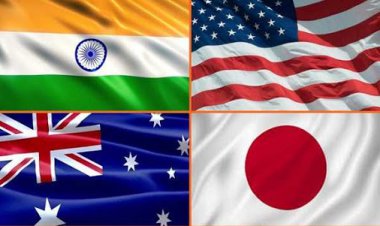Wheat Can Not Be A Weapon of War
The article analyses how the Russia -Ukraine conflict could lead to famine worldwide, especially in Africa because Russia blocked Ukrainian ports and forced them to lift up the sanctions.

Analysis
By Marian Duris
The international community fears that the Ukrainian conflict could lead to famine in many countries, especially in Africa. The reason is that Russia and Ukraine export 25% of the world's wheat and a combination of factors has made it difficult to export to countries that depend on them. Russia blames the United States-led West, others blame Moscow.
According to Western officials and their Ukrainian counterparts, Russia blocks Ukrainian ports to force them to lift sanctions in return for releasing Ukrainian wheat to the world. Russia's Permanent Representative to the UN denied this, citing "sanctions, the economic consequences of the pandemic and Kiev's conditioning of its own ports" as reasons.
A similar interpretation has been used by African Union leader and Senegalese President Macky Sall. " The sanctions against Russia have worsened this situation and now we have no access to grain from Russia, mainly wheat." His words should be taken seriously. It represents the countries directly and most affected by the food crisis.
The Kremlin proposed four export routes for the Ukrainian crop: the Black Sea, the Sea of Azov, and transit through Belarus or through Western Europe. Kiev was to react through the ambassador in Turkey, who said that Ukraine will export across the Black Sea when it receives "weapons to protect against maritime threats", which can be taken as blackmailing.
Russia and Turkey are working on a "corridor" across the Black Sea, which includes Turkey's plan to demining the area and the armed escort of Ukrainian ships to the Bosphorus. It remains unclear whether the matter will work. It requires trust. Many may be surprised, but even the warring parties usually trade with each other and communicate on a diplomatic or other basis.
Turkey has a balanced (beneficial for self) attitude to the conflict and has relative confidence on both sides, so Ankara can be the key to success. If the plan succeeds, the risk of famine in many states will be dramatically reduced. However, observers could also add that the United States is already trying to discourage countries from buying wheat from Russia on the grounds that their exports allegedly contain stolen Ukrainian production. Thus, as usual, they discourage others from trading with Russia, although they themselves have not severed trade relations in several areas.
However, a UN spokesman said the allegations about stealing could not be verified, suggesting they could be part of an ongoing information war and a desire to cast doubt on Moscow as a partner in Africa. However, Africa has a rich historical experience with Western states, colonialism, and its new forms.
Instead of geopolitical struggles, political games, and mutual blame, it would be ideal to focus on the present, the future, and on effective ways to avert these risks. It is unacceptable for anyone to starve just because of the political ambitions and interests of some countries.
Disclaimer: The article is the individual scholastic contribution of the author and does not necessarily reflect the organization’s viewpoint.

